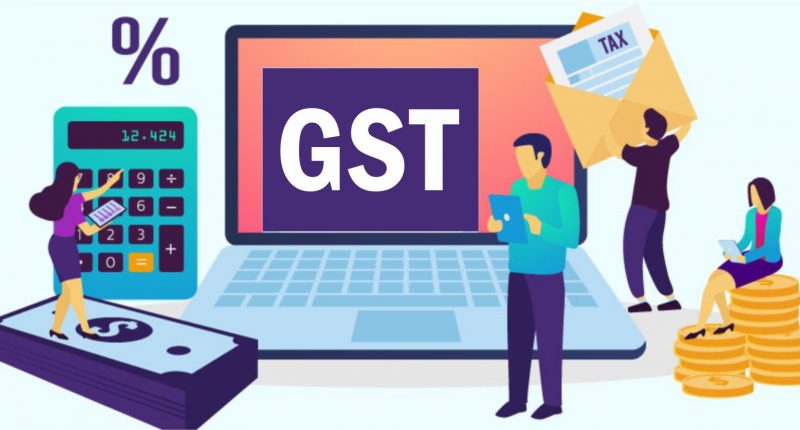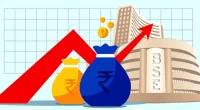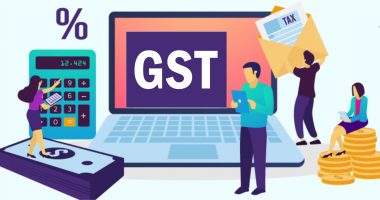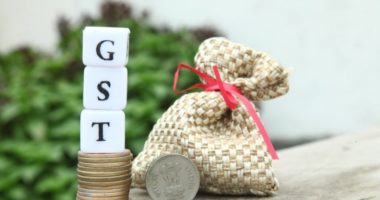Items such as pulses, rice, puffed rice, wheat, flour, curd, paneer, etc., when sold loose, will not attract the Goods and Services Tax (GST). The Union FM took to Twitter to clarify the levy of GST on these items from 18th July 2022.
The CBIC has notified a 5% GST on the sale of cereals, curd, paneer, honey, and pulses even if they are unbranded but sold ‘pre-packaged and labelled.’ Earlier, these were taxed only when branded and sold in unit containers.
The FM clarified that only modalities of GST levy on these items changed without increasing the ambit, except for two or three things. The government and the GST Council intended to curb the tax evasion arising from any irregularities.
The Union FM expressed that the decision was taken unanimously by the GST Council comprising member states and the Centre. They reached a consensus on this matter before recommending the removal of exempting foodgrains.
She further clarified that it was not the first time foodgrains were taxed. During the pre-GST regime, Punjab collected Rs.2,000 crore purchase tax on foodgrains, whereas UP collected Rs.700 crore. Bihar, Telangana, Kerala, AP, Punjab, and UP are also used to charge and collect VAT on rice.
The finance minister began her tweet by stating that many misconceptions were making rounds in the media about the taxability of pulses, cereals, food grains, and curd. The decision to remove the exemption and levy 5% GST was taken at the 47th GST Council meeting, held in the last week of June 2022.
Initially, when GST was introduced, GST was levied only on branded foodgrains, pulses, curd, and cereals. It was amended to cover only the registered brands or such brands where the supplier has not forgone rights over the brand. The provision was misused to the benefit of known manufacturers and brand owners. Hence, many trade associations requested the government consider a GST levy on all packaged products to end the misuse.
The Fitment Committee took up the matter and studied the possibilities over months. The Group of Ministers formed for rate rationalisation further examined the same, which was then passed at the previously held GST Council meeting.
The FM made these clarifications amid rising tensions among the trade and consumers that GST is being levied on daily essentials bought at local stores or kiranas. Also, the tweets are posted at a time when two days of the monsoon session could not happen because of continuous protests by the opposition parties over various concerns, including the issue of charging GST on daily-use items.
For any clarifications/feedback on the topic, please contact the writer at annapoorna.m@clear.in
Annapoorna, popularly known as Anna, is an aspiring Chartered Accountant with a flair for GST. She spends most of her day Singing hymns to the tune of jee-es-tee! Well, not most of her day, just now and then.




